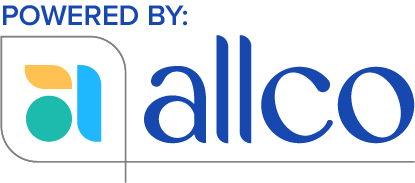Much appreciated, I'd be lost without it. I've used 211 even before it was open 24/7.
- Frequent 211 WNY Caller
"211 WNY provides a critical communications platform that allows the Help Me Grow community partnership to successfully link families with young children to needed local resources. 211 is a single access point for individuals seeking information and services to keep children healthy and developing on track, as well as services that benefit the entire family."
- Lynn Pullano, Director of Help Me Grow WNY
"211 WNY is a valuable resource for the WNY community and one which our residents have come to rely on. United Way of Buffalo & Erie County is proud to support this initiative and believes fully in the mission of 211 WNY to offer help when it is needed the most."
- Michael Weiner, President & CEO United Way of Buffalo & Erie County
"Excellent service, very polite and professional. Thank you!"
- Heather H.
“211 WNY is the best kept secret around!”
- A 211 Frequent Caller





